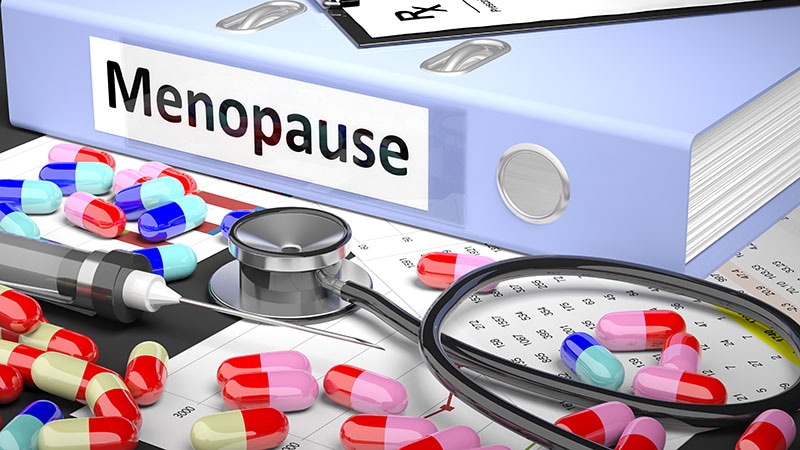Menopause advice is to become a routine part of NHS health checks for the first time, the Department of Health and Social Care (DHSC) announced.
NHS health checks currently aim to identify cardiovascular disease, stroke, kidney disease, type 2 diabetes, and dementia. It is hoped that making menopause a part of these health checks and raising awareness of its symptoms will reduce stigma and give women confidence to seek help.
Described as a “landmark step forward,” the move marked a “major shift” in women’s healthcare, the DHSC said, with nearly five million women set to benefit.
Questions asked in the health checks will be developed over the coming months, with women routinely asked about the menopause from next year.
Lack of Knowledge
Three quarters of women experience menopause symptoms. These can last an average of 7 years and significantly impact daily life. However, fewer than 1 in 10 women feel they have enough information to deal with it.
It is inevitable that every girl and woman who has menstrual periods will become menopausal, explained women’s health ambassador, Dame Lesley Regan.
“Some 400,000 women in the UK will become menopausal this year,” she underlined, “but the vast majority of them will have very little knowledge of what underlies the many and varied symptoms.”
Women are often left to navigate menopause alone with very little support, emphasised Wes Streeting, Health and Social Care Secretary, “all because of an outdated health system that fails to acknowledge how serious it can be.”
Dr Sue Mann, NHS England national clinical director in women’s health, said that, “Far too often we still hear women say their concerns aren’t listened to or that they aren’t getting enough support.”
Break Down Barriers
Routinely screening for menopause should empower clinicians to proactively address concerns that have often gone unrecognised, ensuring women feel heard and supported during what could be a challenging transition.
“This will be a further opportunity for healthcare professionals to provide timely, evidence-based information, guiding women towards maintaining good health during the menopause transition and beyond,” said Professor Janice Rymer, chair of the British Menopause Society.
Professor Ranee Thakar, president of the Royal College of Obstetricians and Gynaecologists (RCOG), added that creating space for women to get information about menopause symptoms, support, and treatments will break down barriers, reduce stigma, and help many women live more happily and healthily in middle age.
“When we get it right for women, everyone benefits,” Regan said.

